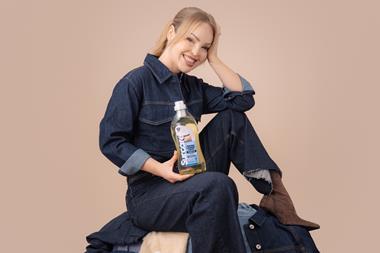The Cheeky Panda upgrades cleaning wipes and improves environmental credentials

The Cheeky Panda is launching a new and improved version of its Biodegradable Anti-Bacterial Multi-Surface Cleaning Wipes
ALREADY HAVE A REGISTERED USER ACCOUNT? PLEASE LOG IN HERE
To read the full story join the ConvenienceStore.co.uk community today!
Registration is quick and easy and provides access to:
- Unlimited ConvenienceStore.co.uk articles
- Our great range of newsletters
- Content you’ve saved for later via the ‘my library’ feature
And much more…































